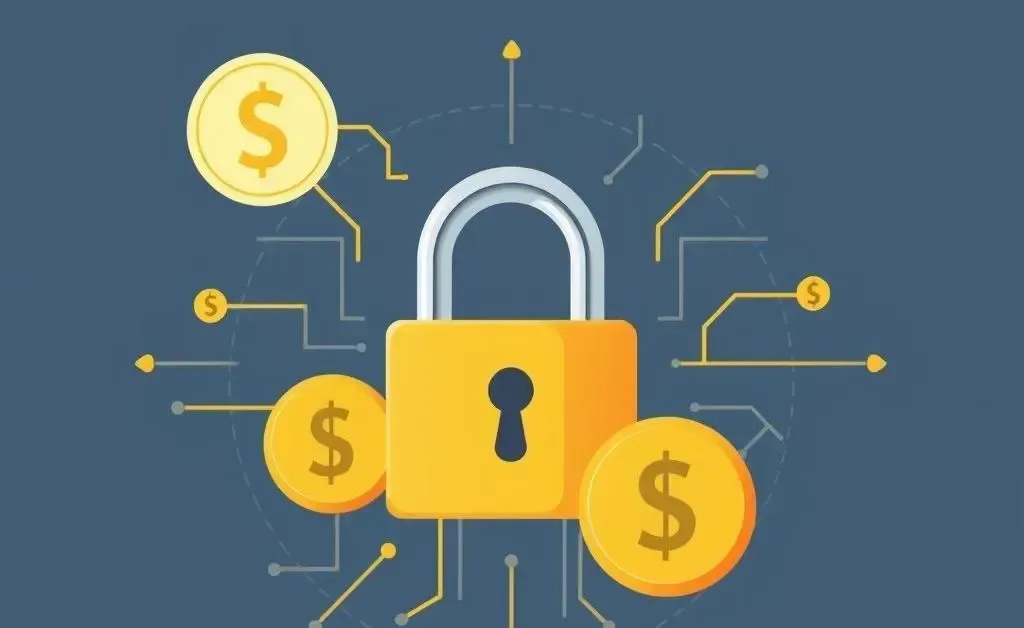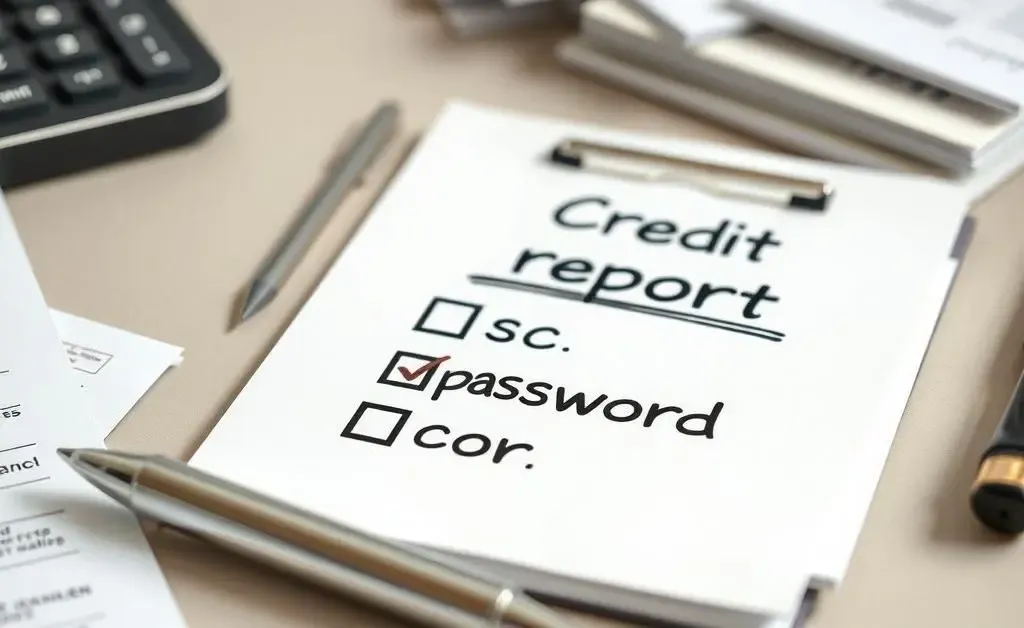Navigating the Emotional and Financial Impact of Identity Theft
Learn practical steps to manage identity theft and protect your financial health.

Let's imagine this: you're sitting at your favorite spot where you feel most at ease, possibly with a warm cup of tea in hand. The gentle clink of the cup against the saucer suddenly brings a delicate thought to mind—what would happen if someone you trust misused your personal information?
This scenario isn't just hypothetical for many; they live out this unsettling reality. It can be both emotionally draining and financially ruinous. What I want to share with you today are simple, practical steps to manage such a situation, just as we would if we were discussing this over a quiet afternoon.
Understanding How Identity Theft Occurs
The first step in dealing with any problem is understanding how it starts. Identity theft often begins when someone obtains your personal information without your permission. This might happen through unsecured online transactions, lost documents, or even in the intimate circle of family connections where trust is abundant.

Taking Immediate Action
It's crucial to act swiftly if you suspect or confirm that your identity has been compromised. Here's a quick checklist you might find useful:
- Place a fraud alert with major credit bureaus and get a copy of your credit report.
- Contact your financial institutions to close or freeze any affected accounts.
- Change all passwords related to your financial or personal accounts, ensuring they are unique and secure.
Emotional Impact and Support

While tackling the logistical aspects of identity theft is important, addressing the emotional stress it causes is equally vital. Engage with trusted friends or family, or consider speaking with a counselor. Remember, asking for help isn't a sign of weakness; it's a strength.
Building a Secure Future
Once past the immediate crisis, consider establishing preventative measures. Regularly monitor your credit report, use secure online practices, and educate yourself about identity theft risks. Over time, these small habits can create a formidable defense against future threats.

Your Path Forward
The key takeaway here is that you're not alone in this. Identity theft may disrupt life, but with the right actions and support, you can protect your financial health and emotional well-being. Let’s lean on each other, learn from each other, and navigate these waters together.




